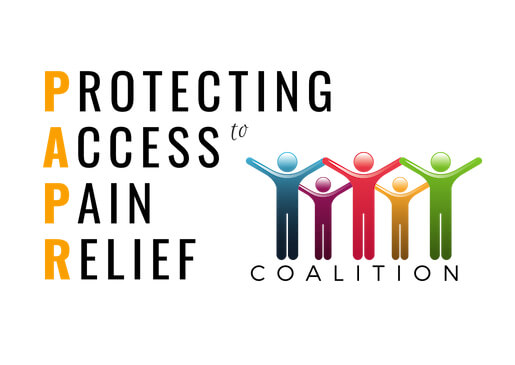The Food and Drug Administration on Thursday strengthened safety warnings on widely used over-the-counter and prescription painkillers, such as ibuprofen and naproxen, letting consumers know that these medications can increase people’s chances of a heart attack or stroke.
Here are some answers to frequently asked questions about the change:
Which drugs will get the new labels?
The updates will be made on nonsteroidal anti-inflammatory drugs (NSAIDs), a group of medications used for temporary relief of pain and inflammation. These include common brands, such as Advil and Motrin (ibuprofen) and Aleve (naproxen), that are used to treat everything from temporary fever and backaches to more chronic conditions like arthritis. NSAIDs are also often used as a component of multi-symptom cold medicines so check the list of active ingredients carefully.
Wait — I just looked at my bottle, and there’s already a warning there. What’s new here?
The FDA first put a boxed warning on NSAIDs in 2005 after Vioxx was pulled off the market for links to heart attack and stroke. The wording will now be changed from “may cause” problems, such as heart attack and strokes, to “cause.” The language already on boxes advises patients to take the lowest possible dose for the least amount of time up to 10 days, and this will remain the same.
What prompted the update?
Since 2011, a number of studies published in respected journals, such as the BMJ and The Lancet, have linked long-term, high-dose use with greater risk for heart attack, stroke, heart failure and death from cardiovascular causes. But more recent studies have shown the risk of heart attack or stroke can increase even if people use NSAIDs only for a short time and within the first weeks of use.
This sounds serious. I already have a heart condition. What should I do?
Those who have had a heart attack or cardiac bypass surgery are at the most risk. The FDA suggests that people with cardiovascular disease or high blood pressure consult with their health-care provider before using NSAIDs. Health officials emphasize, however, that the concerns should not be limited to this group. “Everyone may be at risk — even people without an underlying risk for cardiovascular disease,” Judy Racoosin, deputy director of FDA’s Division of Anesthesia, Analgesia and Addiction Products, said in announcing the change.
What does all this mean practically speaking if I want to take one of these painkillers?
Consumers can still take NSAIDs, which have a long track record of being effective treatments for pain, inflammation and fever. But consumers should be careful not to take more than one product that contains an NSAID at a time. The FDA also says to watch for symptoms, such as chest pain, breathing trouble, sudden weakness in one part or side of the body or slurred speech, that may indicate heart problems or stroke while you’re on the drugs. If this happens, stop taking the medications and seek medical help.
There are variant cases such as bipolar disorder which have no cure. Naturally, about 35% of Americans order medications online. For example you can purchase penicillin antibiotics that fights bacteria. This type of medications will not treat several contagion such as the common cold. Do you know what Levitra is? Levitra is a remedy used to treat a lot of diseases. What do you already know about buy cheap levitra? Probably every adult has heard about generic levitra online. Variant companies describe it as online levitra. Albeit erectile dysfunction is more common in men over sixty, men of any age can unable to have an erection. Low interest in sex isn’t the same as impotence, but numerous the same aspects that stifle an erection can also dampen your libido. Prescription medicaments can save lives, but they can also come with dangerous side effects. It’s vital to mind that not all drugs are good for your. Along with theirs helpful effects, most medicines, however, have unwanted aftereffects although mostly not everyone experiences them. Store the medicaments away from excess heat. For example the liquid medications usually have to be kept in the fridge, but other may be stored at room temperature.


